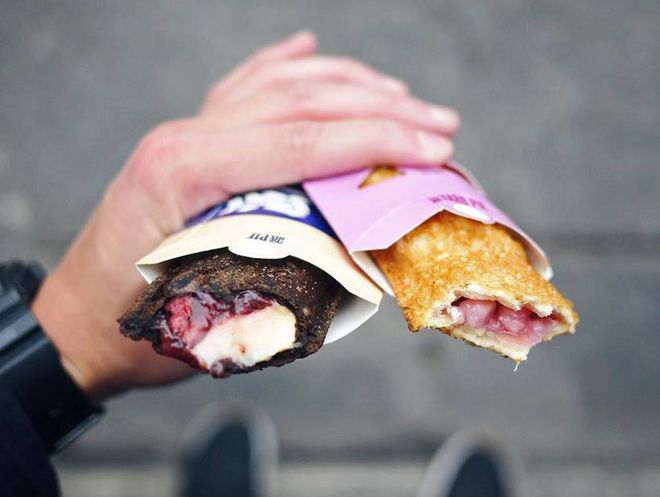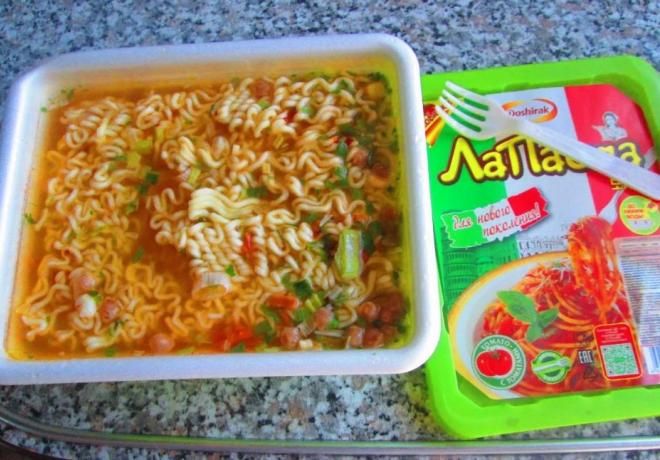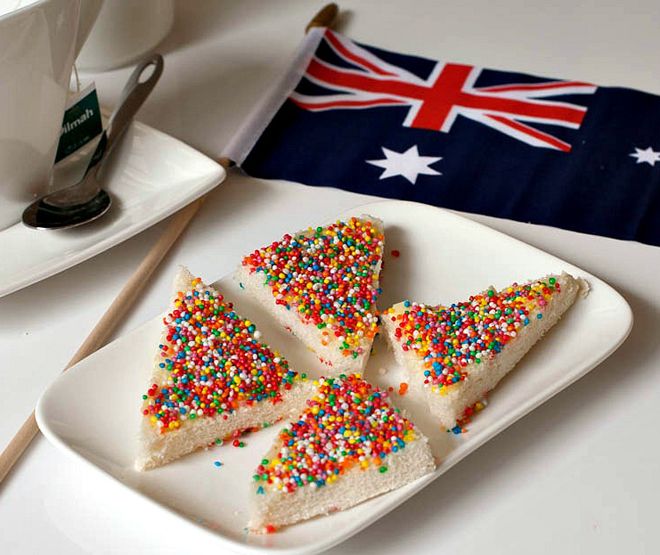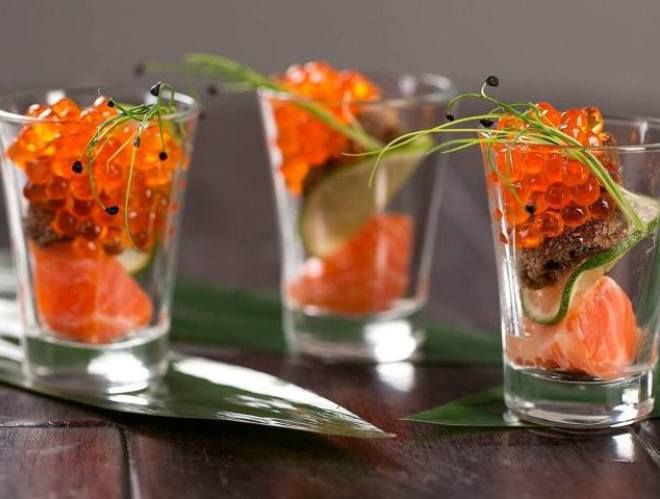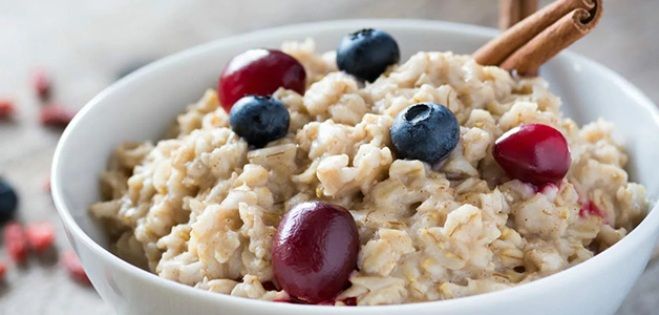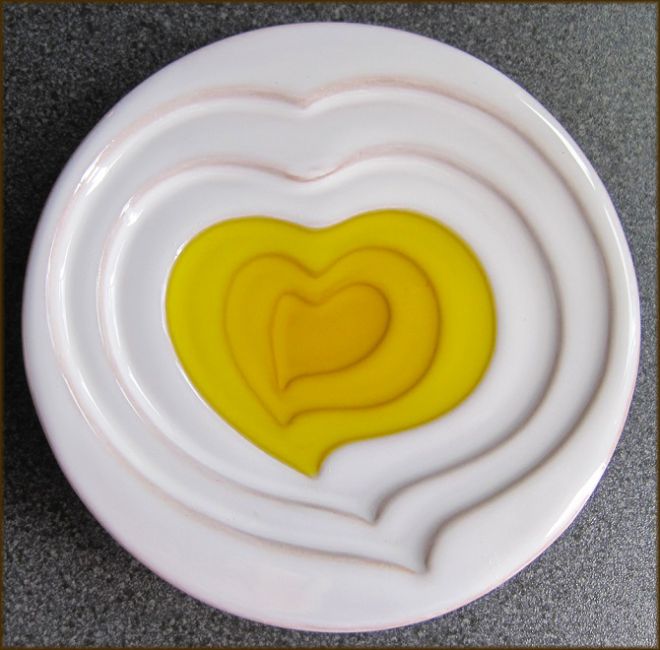7 most useful products for those who are engaged in mental work
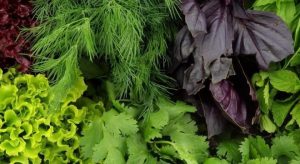 Intellectual stress on the brain is a great way to prolong its healthy longevity. For persons engaged in mental work every day, food should be of high quality, fresh, regular, fortified and balanced.
Intellectual stress on the brain is a great way to prolong its healthy longevity. For persons engaged in mental work every day, food should be of high quality, fresh, regular, fortified and balanced.
It should be borne in mind that workers employed in this field often move little. Therefore, the menu should be thought out so that those extra pounds are not delayed, and the brain gets enough nutrients. What do brain cells like?
1. Seafood
Fatty sea fish (salmon, mackerel, trout, sardine) and seafood (shrimp, oysters, mussels, squid) are a nourishing source of protein that is easily digested and helps the construction of brain cells.
Polyunsaturated fatty acids, contained in large quantities in seafood, regulate fat metabolism, reducing harmful cholesterol, saving blood vessels, including the brain, from atherosclerotic plaques. In addition, due to the consumption of these products improves memory, both short-term and long-term.
2. Greens
Greens (lettuce, parsley, spinach, dill) contain nicotinic acid, which contributes to the blood supply to the brain, down to the smallest vessels. B vitamins strengthen the nervous system, help fight stress and increased physical exertion. Retinol and lutein are good for the eyes, which is important when working at a computer. Zinc improves memorization processes.
3 eggs
Chicken and quail eggs have choline in their composition, which belongs to the B vitamins and helps to preserve memory and increase concentration. Protein and amino acids are involved in cell building processes. Lecithin improves brain activity, increases efficiency. Vitamin E protects the brain from age-related changes.
4. Nuts
Nuts (walnuts, hazelnuts, peanuts, hazelnuts, cashews) are a source of protein that quickly fills the body with energy, helps the brain to work faster and more productively. Fatty polyunsaturated acids fight atherosclerosis. Tryptophan helps against apathy and depression. Vitamins of group B favorably affect the activity of the entire nervous system.
5. Apples
Useful content of organic acids, pectic substances and flavonoids, which help stabilize the metabolism in the fight against vascular atherosclerosis. Vitamins and minerals improve the mental work of the brain. Quercetin protects against Alzheimer’s disease.
6. Bitter chocolate
Dark chocolate helps to improve cerebral blood flow, thereby improving cognitive function. It stimulates the activity of brain cells, increases attention and concentration.
7. Green tea
Excellent stimulator of mental activity. He is able to improve memory, increase vitality, struggling with a headache. Magnesium and B vitamins tidy up the nervous system. And in the tea there are antioxidants that protect cells from premature aging.
